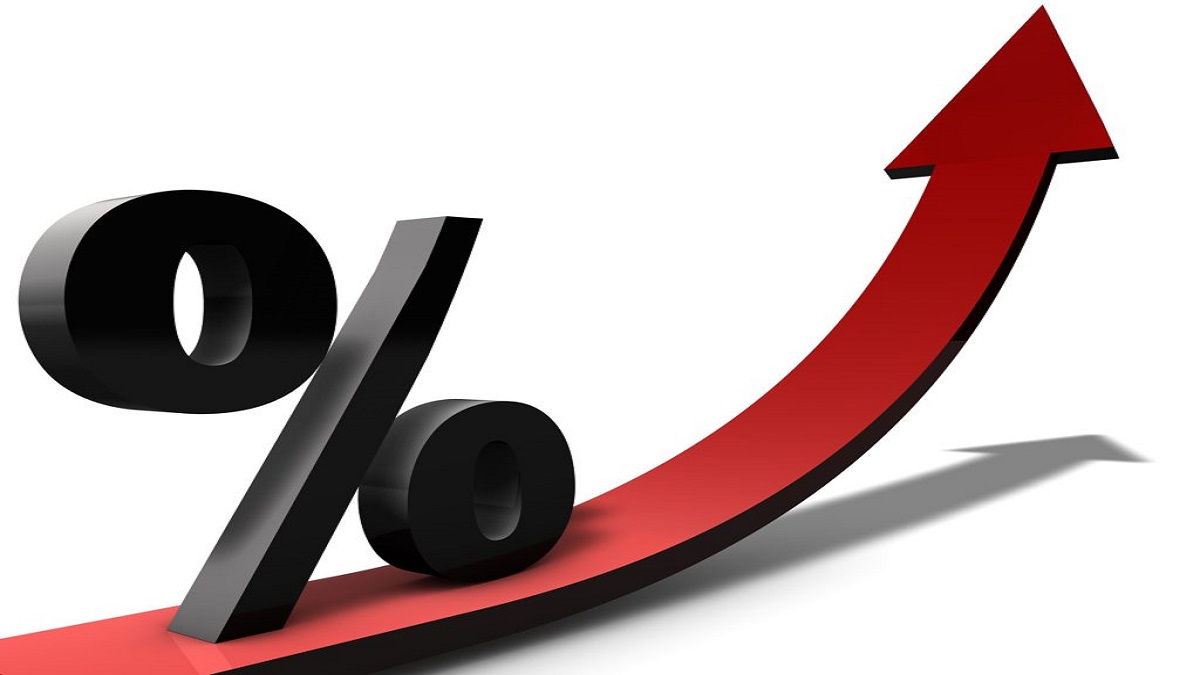Pakistan has experienced a sudden hike in prices of commodities and inflation has increased many folds in period of a few months. Pakistani rupee crippled against dollar and the economy is on the verge of breaking down. With this wave of inflation, there is a rapid rise in interest rates, which has led people to question how interest rates would control inflation. As a matter of fact, inflation has not just effected the countries like Pakistan, but it has become a global concern and rising interest rates has become inevitable. Because it is the responsibility of central banks like the US Federal Reserve to keep inflation under control, inflation can affect interest rates. When inflation is rising, banks will raise interest rates to encourage individuals to spend less and save more. Interest rates and inflation typically move in the same direction. The demand for goods and services should decline as a result, helping to keep inflation under control. Because there is less upward pressure on prices and individuals can afford to spend more when inflation is low or around the target rate of 2%, banks are able to maintain lower interest rates.
The central reserve normally boosts interest rates to slow the economy and lower inflation when it is out of control.
Higher interest rates mean that people would face higher borrowing cost and some businesses may face higher loan rates. Increasing interest rates would make things harder for many people, but this is a necessary step to lower down the inflation. In order for money to maintain its value and for people to confidently prepare for the future, low and stable inflation is essential. It is essential for a strong economy.
Since they affect the cost of borrowing and the amount of money that people and businesses are ready to spend, interest rates can have a considerable impact on inflation. The following are some methods for using interest rates to restrain inflation:
Read More: Current Account Deficit Decreases by 68% During First Eight Months of FY23
Cost of borrowing:
Borrowing money becomes more expensive for both firms and individuals when interest rates are high. As a result, consumers have less money available to spend, which may result in a decline in the demand for products and services. Businesses may lower their pricing to persuade customers to buy their items when demand declines. This may aid in reducing inflation.
Saving vs. Spending:
Increased interest rates can also motivate people to conserve more money as opposed to spending it. Those who deposit their savings in the bank or other interest-bearing accounts can increase their income when interest rates are high. This lowers people’s disposable income, which can cut demand and contribute to lower inflation. Rising interest rates make borrowing money more expensive and encourage people to save money. It often means that consumers will spend less money. Prices of products and services rise more slowly when overall consumer spending is lower. A lower inflation rate results from slower price increases. Monetary policy is the action we take to maintain low and steady inflation.
Investment:
Investors may find it more appealing to put money into the economy if interest rates are higher. Increased investment may result from this, which may boost the economy and create jobs. Because there is more supply than demand when the economy is expanding, inflation may be reduced. High interest rates would attract the foreign investors, thus promoting foreign direct investment which would ultimately add into a country’s economy and resultantly reduce inflation.
Advantage to retirees:
Seniors should experience higher paydays by investing their money in CDs and savings accounts because a rate increase improves returns on savings vehicles. In particular, higher interest rates on CDs and other financial products will benefit older people seeking to live off of their retirement assets.
Read More: Consumers Struggle With Gas Shortage During Ramazan Amid Rising Inflation
Bottom Line:
Interest rates are a mechanism used by central banks to manage inflation, including the Federal Reserve in the United States and the European Central Bank in the Eurozone. They can either raise interest rates to cool an overheating economy and lower inflation, or they can lower them to boost the economy and raise inflation.

















